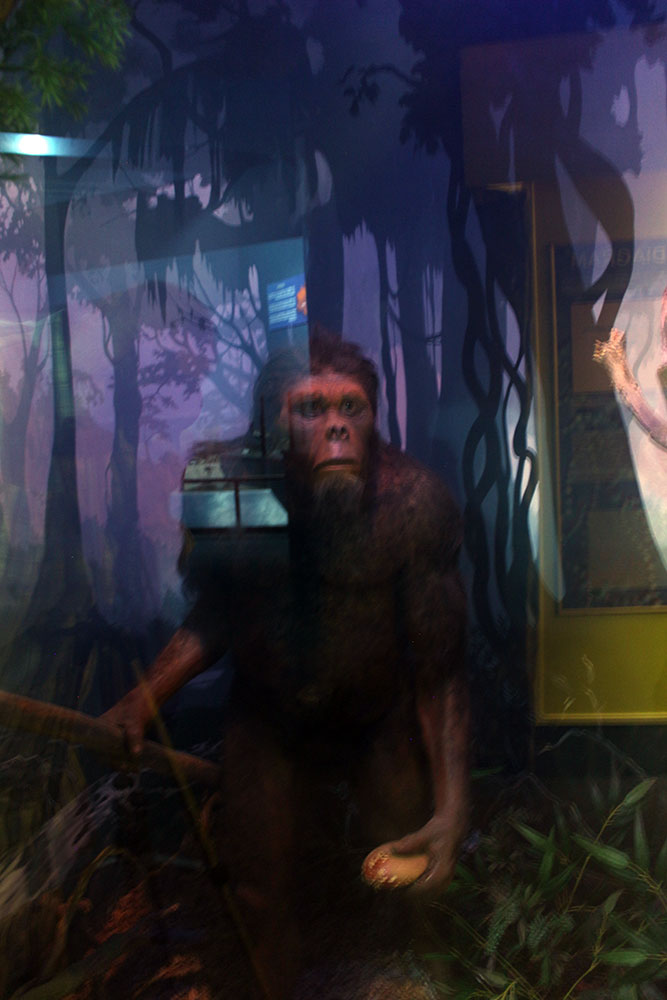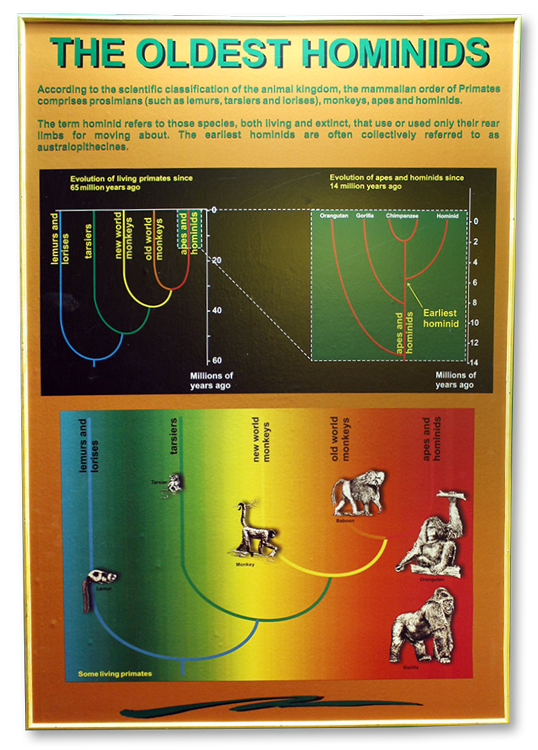The history of the Northern Cape reaches back to the beginnings of humanity. Human origins are documented in Africa, with key Northern Cape sites reflecting some of the earliest innovations in cultural behaviour that have made us who we are.
Subsequently, modern humans evolved in this continent, and eventually spread to occupy every habitable corner of the earth. Closer to the present, and especially in the drier areas such as the Northern Cape, environmental constraints limited habitation to non-farming people, who were also the makers of stone tools right up into the era of colonial contact. Archaeologist Garth Sampson, who conducted research in the Karoo, has said “A brief comparison of surveys conducted elsewhere in the world reveals promptly and unambiguously that South Africa is richer in Stone Age remains than any other place on earth.”
Evidence for the emergence of herding in the western half of Southern Africa and of agricultural farming in the eastern half, more than 2000 years ago, signals the appearance of new food-producing lifestyles. Hunter-gatherers engaged in complex frontier interactions with incoming or nearby pastoralist or farming societies, but sustained a relatively independent hunter-gatherer existence in drier regions of the Northern Cape such as the Karoo and Kalahari.
In the last 500 years, an initially hesitant colonizing expansion out of Europe would see, in time, hunters and traders, explorers and missionaries, diggers of minerals, and a range of other frontiersmen, venturing inland as far as what is now the Northern Cape and beyond. Following the finding of copper, diamonds, and gold, colonization became a more concerted imperialism. European empires scrambled to control and exploit the continent.

